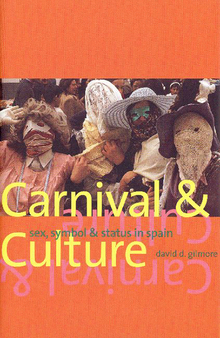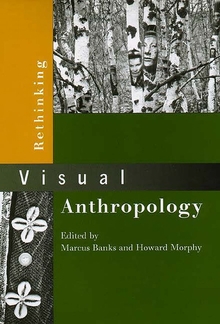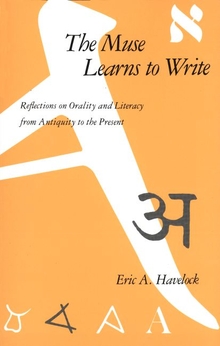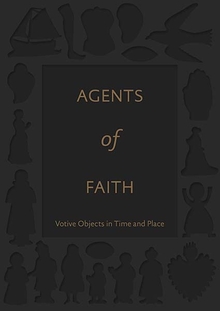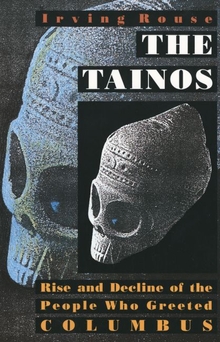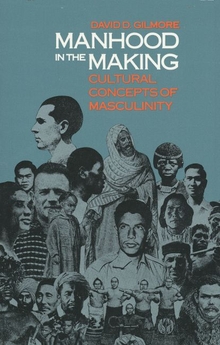Carnival and Culture
WARNING
You are viewing an older version of the Yalebooks website. Please visit out new website with more updated information and a better user experience: https://www.yalebooks.com
Sex, Symbol, and Status in Spain
David D. Gilmore
“Gilmore’s superb study achieves universal relevance precisely through its particularity—a goal often sought after but seldom achieved by anthropologists.”—Timothy Mitchell, author of Flamenco Deep Song
"[Gilmore’s] firsthand experiences are especially illuminating. . . . This is an exceptionally rich work, wholly accessible to nonspecialists. All levels."—Choice
“A superbly written book and . . . an interdisciplinary tome as well. . . . . Gilmore has written an appealing book that should attract career academics across disciplines, advanced graduate students, and the educated general reader. . . . I found it to be a continuously engaging and entertaining read and recommend it highly to all interested in the how and why behind our cultural rituals and the behaviors deriving from them. This book should remain a reference point in the literature on carnival for a long time to come.”—David Ortiz Jr., Left History
“Gilmore’s important contribution to the field consists of his emphasis on the paradoxes and strange co-existences that guide carnival in Andalusia. . . . The study comprises fourteen sections and enjoys a thoughtful meeting of theory and detailed empirical data. Lively examples and intelligent analysis are given of the numerous songs and rituals described to the reader.”—Religious Studies Review
Publication Date: June 24, 2014
12 b/w illus.

